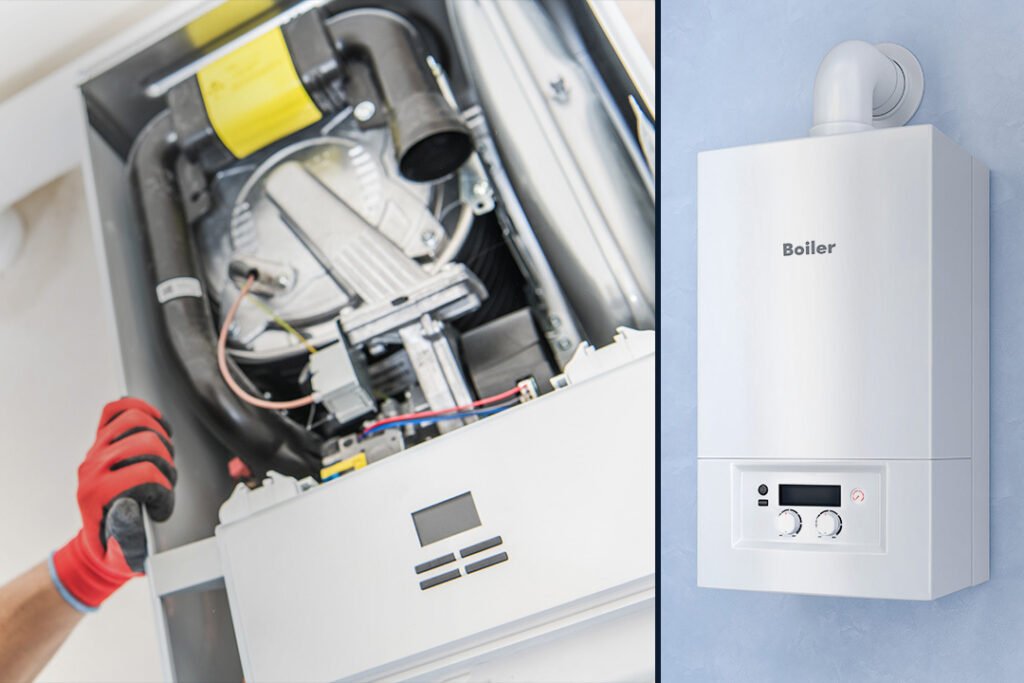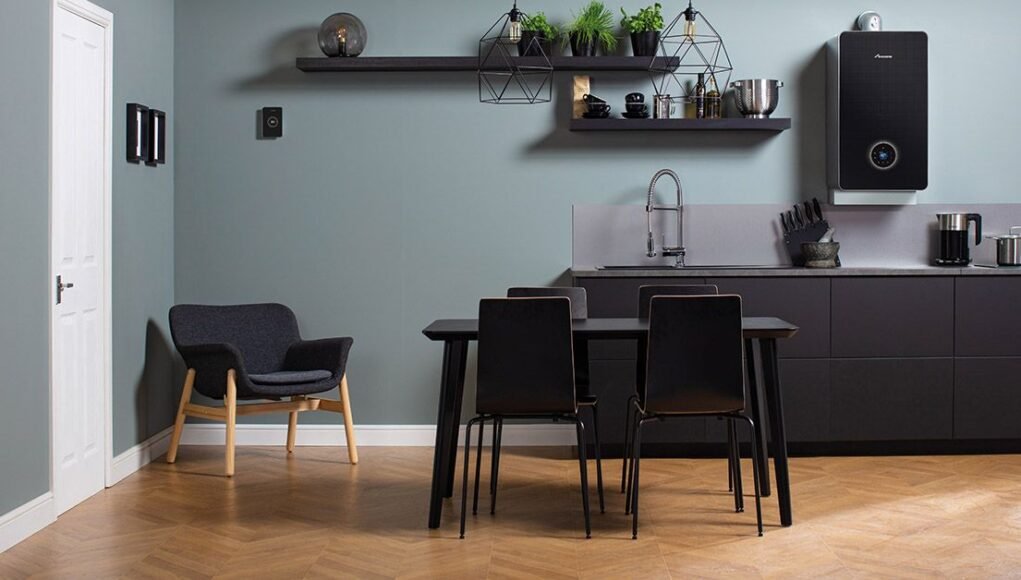A warm home is not just a comfort. It is a necessity. Especially during winter, having a working boiler can mean the difference between a cozy home and a cold, damp one. However, many people struggle with the cost of replacing or upgrading their old boilers. That’s where boiler grants come in.
You may have heard about boiler grants before. But there’s often confusion about who qualifies for them. A common question people ask is this: Are boiler grants only for homeowners?
The short answer is no. But to fully understand who can claim a Free Boiler Grant, it’s important to dig a little deeper.
Let’s explore what boiler grants are, who qualifies, and whether you need to own a home to get one.
What Is a Boiler Grant?
A boiler grant is a form of financial aid. It helps households in the UK replace old, inefficient boilers. The main goal is to reduce energy usage and lower carbon emissions. This also helps people save on heating bills.
These grants are part of the UK government’s efforts to tackle fuel poverty. Through schemes like the Energy Company Obligation (ECO), big energy firms are told to help people improve their homes. One way they do this is by offering boiler replacements for free or at a lower cost.
A Free Boiler Grant can cover part or all of the cost of installing a new boiler. In many cases, it covers everything, so you don’t pay a penny.
Why Boiler Grants Matter
Boilers are expensive. A new one can cost between £1,500 and £3,000, depending on the brand and type. For many people, that’s just not affordable.
Old boilers are also less efficient. They burn more gas and lose heat. That means higher bills every month.
New boilers are better. They are more energy-efficient, safer, and more reliable. But without help, many people can’t afford the upgrade.
Boiler grants remove that barrier. They allow people on lower incomes to get new boilers without the heavy cost. This is especially helpful for people on benefits or those with low earnings.
Who Can Apply for a Boiler Grant?
This is where it gets interesting. Most people think that only homeowners can get a grant. That’s not true.
Yes, the majority of boiler grants are given to people who own their homes. But that doesn’t mean renters or landlords are left out.
Let’s break it down:
If you are a homeowner, you can apply for a boiler grant if you meet the other criteria, such as:
- You have an old, inefficient boiler.
- You receive certain benefits.
- Your home is poorly insulated or not energy-efficient.
If you are a private tenant, you might also qualify. However, there are a few conditions. The most important one is that your landlord must give permission. Because the boiler belongs to the property, not the tenant, the landlord must agree to the work being done.
If you are a landlord, you can apply for a grant on behalf of your tenant. The same rules apply. Your tenant must be eligible, and the home must meet the requirements.
In short, the answer is: No, boiler grants are not only for homeowners. Tenants and landlords can benefit too, under the right conditions.
The Role of Benefits
Eligibility for a Free Boiler Grant is tied to certain benefits. This is to make sure the help goes to people who need it the most.
Here are some of the common benefits that make you eligible:
- Pension Credit
- Universal Credit
- Child Tax Credit
- Working Tax Credit
- Income Support
- Jobseeker’s Allowance (JSA)
- Employment and Support Allowance (ESA)
If you or someone in your home receives one or more of these, you could qualify. Each scheme may have slightly different rules, but these are the common ones.
Also, your home must have a low energy efficiency rating. This is usually checked through an EPC (Energy Performance Certificate). If your EPC rating is E, F, or G, you may be eligible.

Why Homeowners Qualify More Often
It’s true that more homeowners get boiler grants than tenants. This is because it’s easier to approve the work when the person applying owns the property.
For tenants, the landlord must agree. That slows things down. Some landlords don’t want to make changes, even if it’s free. Others may not want the hassle.
Also, social housing tenants (those living in council houses) often don’t qualify under the same schemes. This is because their homes are usually managed under different rules. Social landlords may have other grant programs, but they are not always part of the regular ECO scheme.
Still, this doesn’t mean renters should not try. If you are renting and meet the benefits and home conditions, talk to your landlord. They may agree to the work once they understand it is free.
How to Apply for a Boiler Grant
The process to apply for a Free Boiler Grant is simple.
First, you find an approved provider or installer. Many websites help you check if you qualify. You will be asked about:
- Your income or benefits
- Your home type
- Your current boiler
- Your energy bills
If you qualify, a home survey will be arranged. This helps confirm that your boiler needs replacing and that your home fits the energy rules.
Then, if all is fine, the work will be scheduled. A certified engineer will install the new boiler, often within a few weeks.
The best part? If you are fully eligible, you won’t have to pay a thing.
Common Questions About Boiler Grants
Do I need to repay the grant later?
No. Boiler grants are not loans. You don’t have to repay them. They are government-backed. Once approved, the work is free or partly covered.
Can I choose the type of boiler?
In most cases, no. The grant scheme offers specific models. These are chosen for efficiency and cost. But all of them are modern and reliable.
What if my boiler still works?
Even if your boiler works, it may be old and inefficient. If it is more than 8 years old and not energy-efficient, you may still qualify.
Is there a deadline to apply?
Grant schemes can change. Budgets may run out, or rules may shift. It’s best to apply as soon as possible to avoid missing out.
What If I’m Not on Benefits?
Some people don’t claim benefits but still struggle with heating costs. In some areas, local councils or charities offer separate schemes. These may help low-income households who don’t meet national criteria.
Also, in recent years, the government has tested broader schemes that include more households. Keep an eye out for updates from Ofgem, your local council, or energy provider.
Boiler Grants and Energy Efficiency
The UK government has strict targets to cut carbon emissions. Heating homes takes a lot of energy. By replacing old boilers with modern ones, the country saves energy and helps the planet.
So, these grants are not just for your comfort. They are part of a larger plan to fight climate change.
This is why programs like the Free Boiler Grant exist. They help people, and they help the environment too.
Final Thoughts
Boiler grants are a big help for people who need a warm, safe, and efficient home. While homeowners make up the largest group of grant users, they are not the only ones who can apply.
If you rent privately, you can still get a new boiler through the scheme—if your landlord agrees and you meet the other rules. If you’re a landlord, you can apply on your tenant’s behalf. This improves your property and helps your tenant without costing you money.
Before applying, you’ll also want to check how old is my boiler—older, inefficient models are more likely to qualify for replacement.
So, don’t assume you’re not eligible. Check your situation. Talk to your landlord. Reach out to an approved grant provider. You might find you qualify for a Free Boiler Grant, even if you don’t own your home.







